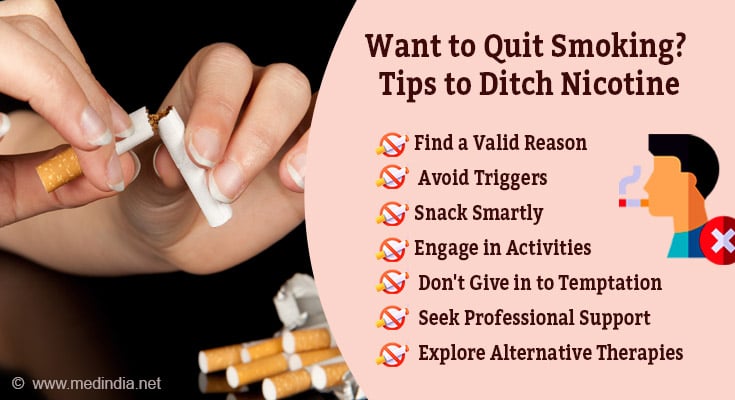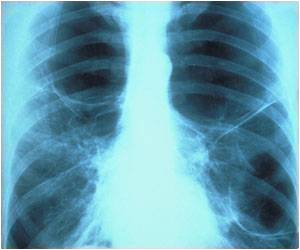As this age group is more likely to transmit coronavirus, this act may threaten the health of older unvaccinated adults and facilitate the rise of virulent vaccine variants.
‘Encourage young adults to receive COVID-19 vaccine using public education campaigns to protect them from COVID-19 effects.’
The researchers analyzed March 2021 data from the Household Pulse Survey, an online nationally representative sample of the population conducted by the U.S. Census Bureau in collaboration with the National Center for Health Statistics and other agencies.
Among the 5,082 respondents, 83 percent reported that they had not been vaccinated, 10 percent said they definitely will not get the vaccine, and 14 percent said they probably will not. The study is published in the Journal of Adolescent Health.
Young adults regardless of symptoms are vulnerable to long-term complications and weakening symptoms that may include respiratory difficulties, loss of smell and brain fog, often referred to as ‘long COVID’.
Among the unvaccinated respondents, more than half of them are concerned about possible side effects.
The recent spate of heart inflammation cases in teens and young adults following the Pfizer and Moderna vaccines may have amplified many people’s fears, said senior author Charles Irwin Jr., MD, director of the Division of Adolescent and Young Adult Medicine at UCSF Benioff Children’s Hospitals.
The rate of heart inflammation in vaccinated young people is only slightly higher than in young people who have not been vaccinated. In most cases the symptoms are mild and resolve with minimal treatment.
The researchers recommend that young adults’ concerns about vaccine safety and side effects should be addressed via public education campaigns.
Source: Medindia



